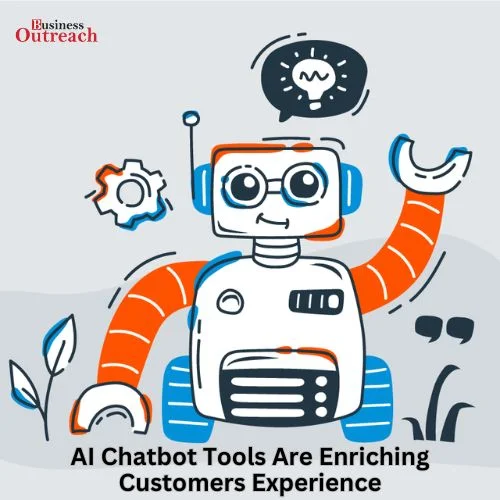The debate focused on the widespread influence of AI as well as the critical topic of who should control this disruptive technology.
Nick Clegg, Meta’s Global President, recently spoke with Rahul Kanwal on India Today in an exclusive and informative debate about artificial intelligence (AI). The conversation focused on the widespread influence of AI as well as the critical topic of who should control this disruptive technology.
Kanwal began the interview by inquiring about AI’s growing prominence and how it has caught the public imagination. Clegg underlined that, while AI may appear to be a new phenomenon, it has actually been around for several decades. He noted that generative AI is now generating a lot of buzz, as evidenced by the popularity of tools like ChatGPT, which can generate interesting writing for a variety of reasons, such as school essays or wedding speeches. Clegg, on the other hand, emphasized that the present AI frenzy should not overwhelm the fact that AI has been a vital part of several platforms for many years.
“At Meta, we’ve been using AI for a long time, and everything you see on Facebook or Instagram has been influenced by AI in some way,” Clegg said.
As a Meta executive, Nick Clegg emphasized that AI has long been interwoven into the operations of platforms such as Facebook and Instagram. It is important behind the scenes, to mould and improve user experiences. However, the current buzz around generative AI has hidden the substantial use of AI in these tech platforms.
Concerning regulation, Clegg stated that the objective is to identify the unique problems and obstacles linked with AI. “I think how to regulate them is a matter of first determining what harms and problems you’re trying to address,” he said.
Whether the issue is intellectual property, copyright infringement, or the propagation of misinformation, it is critical to identify the precise issues that must be addressed. According to Clegg, if these challenges are clearly recognized, the next stage is to assess whether existing laws are appropriate to deal with them effectively.
“Some of the existing laws we have will be able to be applied to AI, and some new laws will be required,” Clegg explained.
According to Clegg, a combination of existing and new legislation would most likely be required to adequately control AI. While certain present regulations may be applicable to AI-related issues, new legislation tailored to the unique challenges offered by AI technology will undoubtedly be required. Clegg emphasized his expectation that the process of developing this new legislation will be a collaborative worldwide endeavor.
“My hope is that the new laws developed will be more internationally collaborative because this technology is bigger than any country, bigger than any company, and it must be addressed,” Clegg added.















